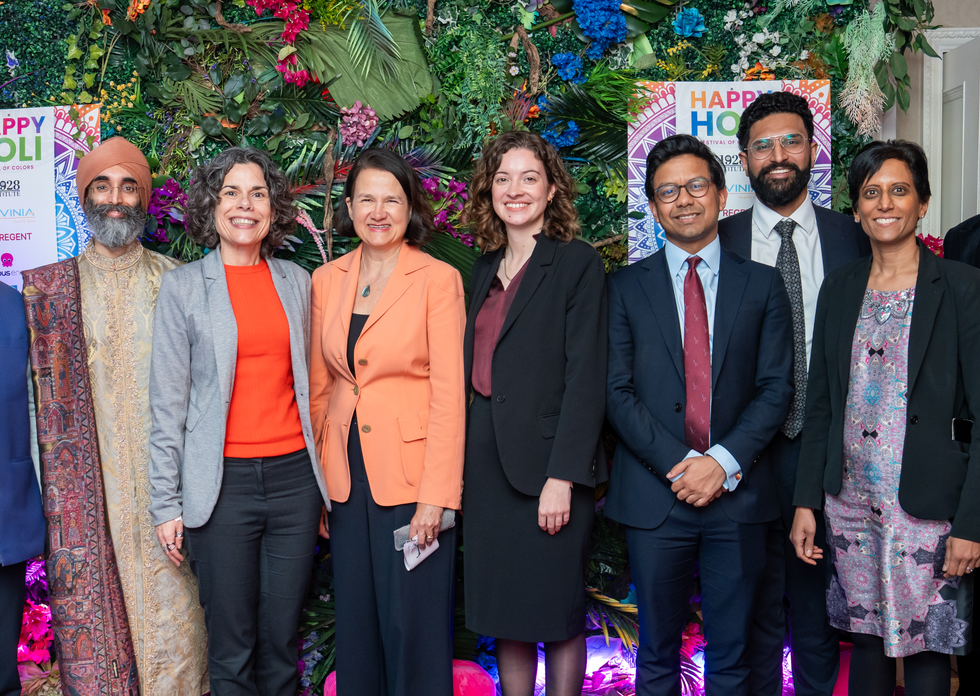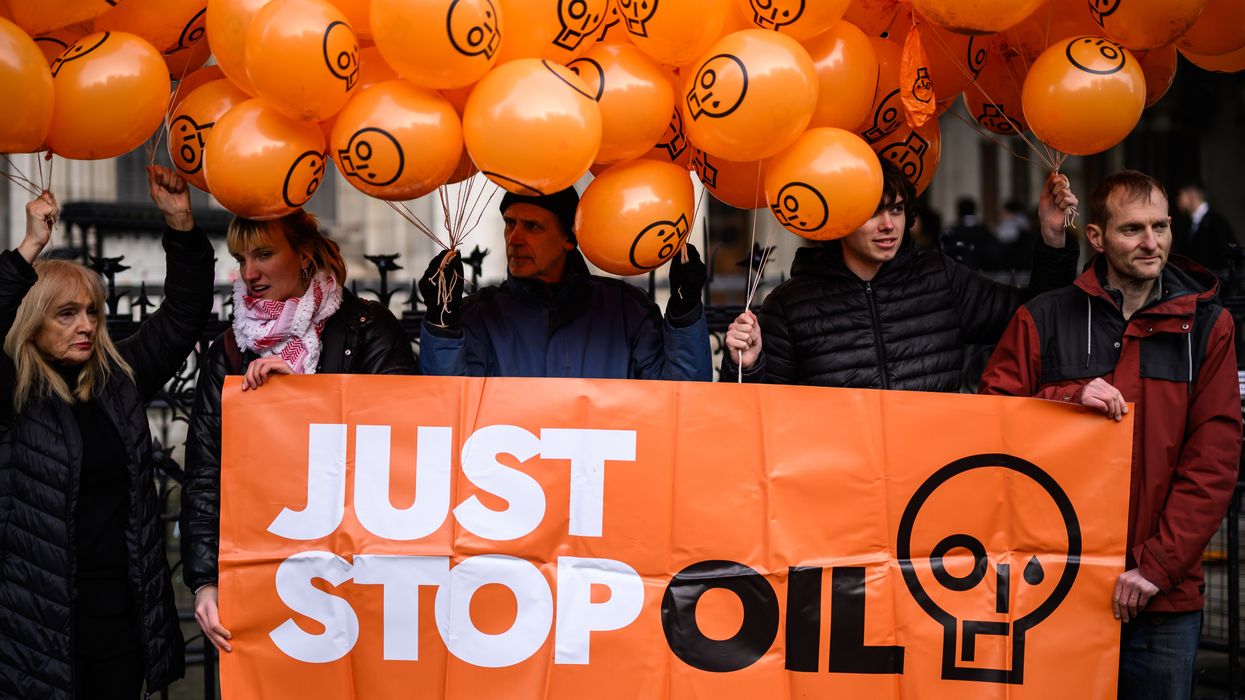INDIAN AMERICANS are divided on vice president Kamala Harris’s role in response to India’s Covid-19 crisis, and conversations on whether she should do more have intensified along with the crisis, according to a report in The Washington Post.
More than 20 Indian Americans, including community leaders, political activists, public officials, told the newspaper that some are disappointed Harris has not been a "more prominent advocate" during the crisis, while others argued she is doing her job well.
“It teaches us the limits to representation. She is positioned as a lot of things to a lot of people. If you say you are representing this specific facet, you have to speak up when that facet — the population — is hurting," Sujatha Shenoy, a 53-year-old business student at the University of Chicago, who wrote a column criticising Harris’s initial silence on the crisis, was quoted as saying.
India reported 211,298 new infections on Thursday (27), the world's highest daily rise, but nearly half the daily infections it recorded earlier this month. The overall caseload is now at 27.37 million, while deaths stand at 315,235, according to health ministry data.
Aditi Kharod, 22, a recent graduate of the University of North Carolina, said she appreciated the rise of a woman of Indian heritage to the vice presidency, but noted that the representation “rang hollow” during what she described as India’s suffering.
“I thought she might speak about it with some more emotion, considering she has family there. It would show that this is the reason why it’s important to have diversity at all levels of government.” As Harris began to address the crisis a little more, Kharod softened some of her criticism," Kharod said.
Harris’s critics said she could have used her platform to bring greater attention to India’s pain.
However, her supporters said her actions on India are inherently limited by president Joe Biden’s larger agenda, just as they would be for any vice president.
“I think, as an Indian American, what would be the most helpful thing is if she is a very good vice president,” Shareen Punian, who held a fundraiser for Harris during the 2010 campaign for California attorney general, told the newspaper.
“That integrates us as Indians into the broader American community, and we don’t have to be singled out as being different.”
According to the report, two administration officials said Harris was an important part of the internal White House conversation about the India crisis. She was involved in most higher-level conversations about the response, including the decision to send oxygen and therapeutics to the country, the paper said.
The Indian American community in the US has grown to more than 4.5 million from two million two decades ago, according to the Pew Research Center, and more than half of its members have lived in the US for more than 10 years.
According to one study conducted shortly before the last election, 78 per cent of Indian Americans planned to vote for Biden and 22 per cent for president Donald Trump.
“We as Indian Americans have been shut out of the halls of power, as other minority groups have, and now that we have someone who’s got a name that is deeply familiar, has got family in India — that person represents this aspiration that we have that we want to be part of the conversation,” Ashish K Jha, dean of the Brown University School of Public Health, told the paper. “And I love that. I think that’s wonderful.”
Sangay Mishra, a professor at Drew University who has written about the political role of Indian Americans in the US, said savvy Indian American activists want to avoid a debate over whether Harris is standing up sufficiently for her Indian heritage.
Harris’s mother, Shyamala Gopalan, whom the vice president has called her greatest influence, was born in Chennai. She attended graduate school at the University of California at Berkeley and met Harris’s father, then a graduate student from Jamaica, at a civil rights meeting.
Gopalan and her two daughters travelled to India every other year when Harris was growing up. On the campaign trail, Harris made dosas with Mindy Kaling and joked about how both their families store Indian spices in Taster’s Choice coffee containers.





 From L- Jasvir Singh, MPs Diedre Costigan, Catherine West, Sarah Coombs , Kanishka Narayan, Cllr Sunny Brar and Vidhya Alakeson during the event.
From L- Jasvir Singh, MPs Diedre Costigan, Catherine West, Sarah Coombs , Kanishka Narayan, Cllr Sunny Brar and Vidhya Alakeson during the event. 












